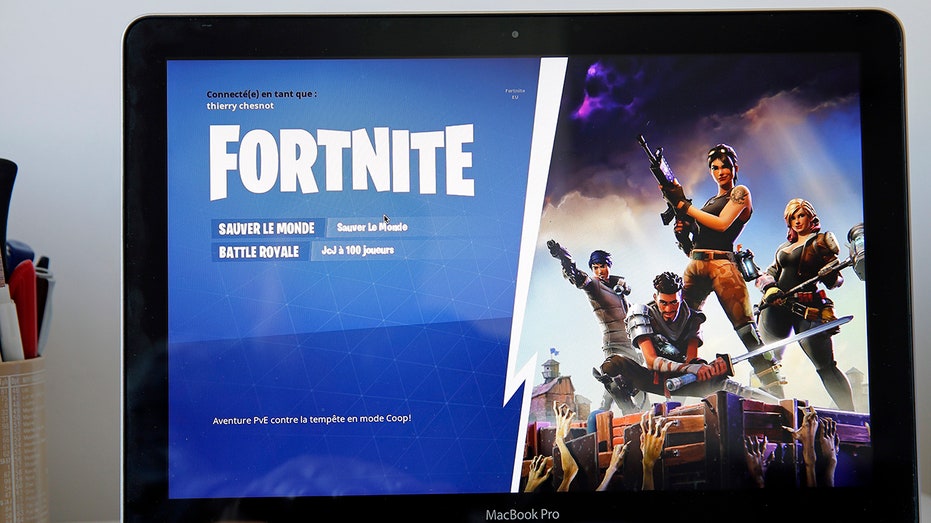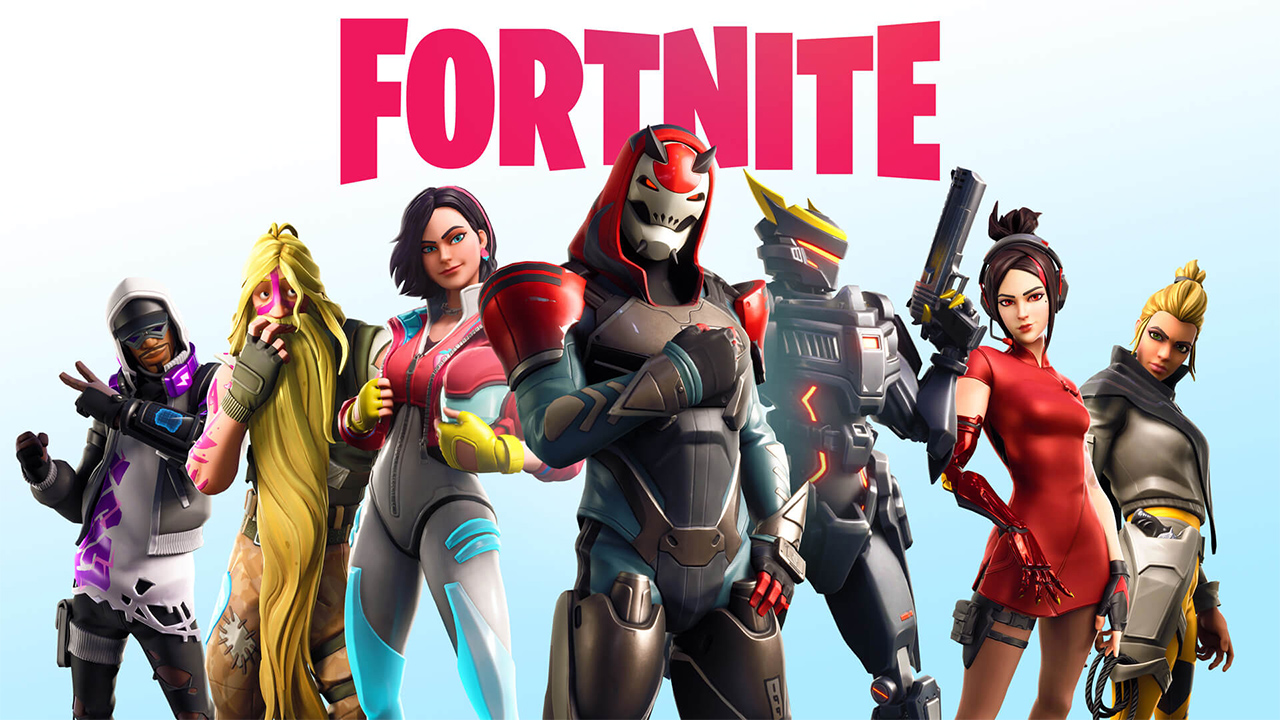Epic Games, maker of ‘Fortnite,’ to pay $520M to resolve FTC allegations
The agency alleged that the company invaded children’s privacy and tricked players of all ages into making unintended purchases
Epic Games Inc. has agreed to pay $520 million to resolve Federal Trade Commission allegations that the "Fortnite" videogame developer violated online privacy protections for children and tricked players into making unintended purchases.
The FTC said the agreement consisted of two record-breaking settlements that resolve a pair of civil complaints it was filing against Epic. One, filed in federal court, alleged the company violated the federal Children’s Online Privacy Protection Act by collecting personal information from "Fortnite" players under the age of 13 without notifying their parents or obtaining verifiable parental consent.
That lawsuit also accused the company of illegally enabling real-time voice and text chat communications for children and teens in the game by default. Further, the FTC said Epic put those users at risk by connecting them with strangers, and as a result, some were "bullied, threatened, harassed and exposed to dangerous and psychologically traumatizing issues such as suicide."

A gamer plays the video game "Fortnite: Battle Royale" developed by People Can Fly and Epic Games on May 03, 2018 in Paris, France. (Photo by Chesnot/Getty Images) ((Photo by Chesnot/Getty Images) / Getty Images)
Epic will pay a $275 million civil penalty for the alleged COPPA violations, the FTC said, the largest assessed in the commission’s enforcement of the privacy law.
PARENTS FILE LAWSUIT SAYING THEIR KIDS ARE ADDICTED TO FORTNITE
The company separately agreed to pay $245 million in consumer refunds to resolve the FTC’s second complaint, which was filed in administrative court. It is the FTC’s largest settlement that bars the use of so-called dark patterns, tactics that trap customers into paying for goods and services and create obstacles to canceling.
Epic didn’t admit or deny the FTC’s allegations as part of the settlements.

In this July 27, 2019 photo, provided by Epic Games, Emil "Nyhrox" Bergquist Pedersen, of Norway, left, and David "Aqua" Wang, of Austria, hold up their trophies after winning the Fortnite World Cup duo championship in New York. (Epic Games via AP)
"No developer creates a game with the intention of ending up here," Epic said in a statement. "We accepted this agreement because we want Epic to be at the forefront of consumer protection and provide the best experience for our players."
FTC Chair Lina Khan said protecting the public, especially children, from online privacy invasions and deceptive practices was a top priority. "These enforcement actions make clear to businesses that the FTC is cracking down on these unlawful practices," she said.
MICROSOFT'S BIG BUY OF ACTIVISION MAY BE BLOCKED BY FEDERAL TRADE COMMISSION
The FTC’s second complaint alleged that Epic deployed a variety of tactics to drive unintended purchases of virtual currency for acquiring perks such as outfits and dance moves in "Fortnite," including the use of counterintuitive, inconsistent and confusing button configurations. "These tactics led to hundreds of millions of dollars in unauthorized charges for consumers," it said.

Fortnite Rift Tour featuring Ariana Grande (Fortnite)
The FTC further alleged that Epic intentionally obscured cancel and refund features to make them more difficult to find and that the company locked the accounts of customers who disputed unauthorized charges with their credit card companies.
Even when Epic agreed to unlock an account, consumers were warned that they could be banned for life if they disputed any future charges, the FTC said.
"Fortnite" made its debut in 2017 and quickly became one of the world’s most popular shooter videogames and a cultural phenomenon. Closely held Epic was last valued at nearly $32 billion in April. The Cary, N.C., company counts Sony Group Corp. and China’s Tencent Holdings Ltd. among its investors.
| Ticker | Security | Last | Change | Change % |
|---|---|---|---|---|
| SONY | SONY GROUP CORP. | 22.25 | -0.26 | -1.13% |
| TCEHY | TENCENT HOLDINGS LTD. | 68.13 | -0.20 | -0.29% |
GAMING INDUSTRY FACING SETBACKS AS LOOMING RECESSION WEIGHS ON CONSUMERS
Earlier this month, Epic unveiled a new type of account it said was designed to provide a safe and inclusive experience for players under 13. Users who sign up for it can’t access features such as chat and purchasing unless they obtain consent from a parent or guardian.
As part of the dual settlements, the FTC said Epic is required to make a number of changes to "Fortnite" to protect users as well as to establish a privacy program that addresses the problems identified in its complaints. The company must also obtain regular, independent audits, the agency said.
Consumers who believe they were unfairly charged for in-game purchases can go to a website set up by the FTC to request refunds, the commission said. It is likely to take several months or longer to process those claims, the FTC said.
GET FOX BUSINESS ON THE GO BY CLICKING HERE
The FTC has been increasing enforcement against companies with websites or apps that make it easy for consumers to make unintended purchases and difficult for them to get refunds. Last month, Ericsson AB subsidiary Vonage agreed to pay $100 million to settle FTC allegations that it created a web of obstacles for its customers to cancel its internet-based telephone service and charged unexpected termination fees. The penalty was the agency’s biggest involving dark patterns before the Epic case.
| Ticker | Security | Last | Change | Change % |
|---|---|---|---|---|
| ERIC | TELEFONAKTIEBOLAGET LM ERICSSON | 11.25 | +0.08 | +0.72% |
| GOOG | ALPHABET INC. | 303.56 | -0.38 | -0.13% |
YouTube and TikTok agreed to settlements with the FTC after being accused of violating the children’s online privacy law in 2019. YouTube, a unit of Alphabet Inc.’s Google, paid a $170 million penalty. This was a record fine for a COPPA violation, also up until the Epic settlement.




















